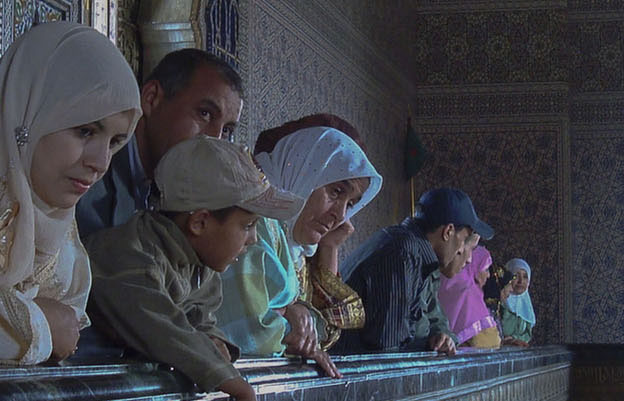CALL FOR PAPERS
Migration, Integration and Transnational Engagement of Moroccans in the World
It is the 60th anniversary of the day on which thousands of guest workers of Moroccan origin immigrated to Germany as part of the contract for the recruitment of guest workers. More than half a century has passed since then. Today, 220,000 people of Moroccan origin live in Germany. Depending on how one counts, 70,000 Moroccans now live in Canada, 100,000 in the United States, 300,000 in the Netherlands, 360,000 in Belgium, 430,000 in Spain, and 1.4 million in France, to name a few selected countries (de Haas 2005, Drhimeur 2020). Against this background it is worth asking how the migration, integration and transnational engagement of people of Moroccan origin can be explained - not only in Germany but also in other parts of the world. Social, economic, political developments, among others, can be examined within the Moroccan community in various host countries. In comparison with other migrant groups and host countries, similarities and differences can be determined and, in the best case, dealt with in an interdisciplinary manner. German-Moroccan Competence Network (DMK) is preparing a scientific conference on Moroccans in the world on the occasion of the 60th anniversary of the signing of the guest worker agreement between Germany and Morocco in cooperation with Hanns-Seidel Foundation in Morocco, Magdeburg-Stendal University of Applied Sciences and Hassan II University in Casablanca. The conference aims to bring together current research findings on Moroccans in the world. In order to make the results of the conference accessible to the scientific public as well as to socio-political decision-makers, the publication of an anthology is planned. Scientists from all disciplines and from different countries are cordially invited to submit a contribution proposal. Contributions dealing with the following topics are particularly welcome: Migration: Migration history, forms of migration, entry conditions, (family) separation experiences, etc. Integration: Language acquisition/behavior, socio-structural integration and social participation, school and vocational training paths, family and socialization, health status, attitudes, media representations, religious life of people of Moroccan origin in the respective host countries, institutional forms of settlement (as examples may be mentioned: associations, companies, etc.), etc. Transnational Engagement: Transnational engagement and consequences of migration for Morocco in economic, political, social, philanthropic, fundraising, charity campaigns, scholarships, orphan care, etc. Other thematically relevant topics are possible.
For more information: CFP-Marokko-Deutschland-60-Jahre-MITE-ENGL.pdf
Contact details: M. Rahim Hajji (e-mail : 60@dmk-online.org)


